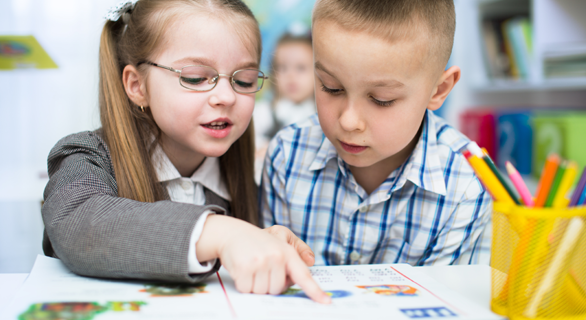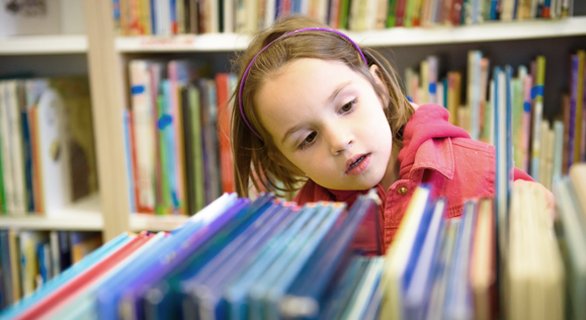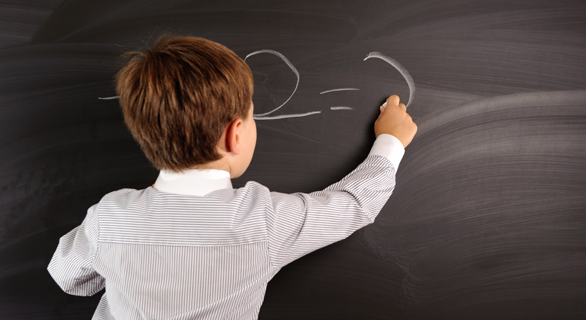From 3 to 6
Programme
All the classes are bilingual French–English by immersion. The children take part in individual or group activities within specially designed classrooms, organised by projects and pupil's interests. The classroom layout enables pupils to move freely and purposefully, guided by their interests. The walks in the forest that are regularly organised give pupils the opportunity to discover the natural world. They also have access to a very well equipped gymnastics hall and to our play area just in front of the school.
Children are welcomed from 7:45 in our morning school care in front of the school or in the car park at the bottom of the school.

Enrolment
- Any parent wishing to enrol their child at the ISN must make an appointment with the Director and complete the enrolment form.
- Children from age 3 have to be enrolled for, at a minimum, 4 mornings and 2 afternoons (except on Wednesday afternoon, which is optional). It is possible to increase the number of days of attendance during the course of the year.
- Children from age 4 have to be enrolled for the whole day, for the whole week (except on Wednesday afternoon, which optional).
- The children must be at least 3 years old by latest 31st July of the enrolment year.
- The children must be toilet trained and capable of going to the toilet on their own.
Timetable and Holidays
In the Children’s House, at age 3, the pupils attend school in the morning between 8:00 and 12:00, have their lunch at the school and stay between two to four afternoons a week. When they turn 4, all the pupils stay the whole day. They can enrol for after-school care every day from 15:00 until 17:00 or 18:00. On Wednesdays, recreational activities with lunch are available from 12:00 to 13:00, 15:00, 17:00 or 18:00.


Activities
Practical Life
The children learn to take care of themselves and to have respect for their surroundings. This involves learning everyday activities such as washing hands, watering plants, peeling fruit, helping to prepare the snack, etc. These exercises enable them to develop while becoming more independent, responsible and respectful of others. They also link school and home life.
Sensorial Education
Through a combination of exercises, the child's senses are fine-tuned and he develops a more precise and subtle understanding of the world. Scientifically designed materials enable teachers to guide pupils and help them discover the specific qualities of a variety of objects. Musical education is an important part of this sensory awakening.
Language and mathematics
This relates essentially to learning to read, write and count. It is often the child him-/herself who expresses the desire to learn how to master these skills. The teacher's role is to provide the right exercises and materials to help the child develop at his or her own pace. Basic knowledge and understanding are rapidly assimilated at an early age, thanks to specially designed and fun-to-use materials.
General culture
Children are introduced to history, geography, botany and zoology. Class outings and discovery trips are an integral part of the programme. They enable pupils to get to know their environment in a structured and stimulating way.
Afternoon class
The pupils are in the same classroom as in the morning, with the same teachers. In this way, the children continue to be stimulated in their development and improve their knowledge. Through regular exchanges with their teachers and peers, the children learn the languages more quickly and easily.
The opportunity to take a nap will be automatically offered to younger children, but all the pupils wanting to or needing to have a rest will also be able to do so.
Group activities
These activities enable children to learn how to work and develop respect for others. With children aged 3 to 6 evolving in the same classroom, exchanges, self-help, cooperation and solidarity are encouraged. This is beneficial for the younger children as well as for the older ones. The younger children have “role models” who they can refer to, and the older children further their knowledge through helping the younger students. At break time, the children can play in total safety, in the playground adjacent to the school under the supervision of school staff.
After-school care
The children are supervised and perform activities developing their creativity and motor skills. They have access to books, a rest corner and various games, and they are also able to play outside.
These extra-curricular activities are available every day from 15:00 to 18:00 to the children under 6 years of age and from 17.00 to 18:00 for the children over 6 years of age (including 15 to 30 minutes for a snack – supplied by the school – and playtime). In addition, children are also welcomed from 12:00 to 17:00 or 18:00 on Wednesdays.
Fees and information
Fees are paid quarterly or yearly (monthly payments are possible but only upon special request).
